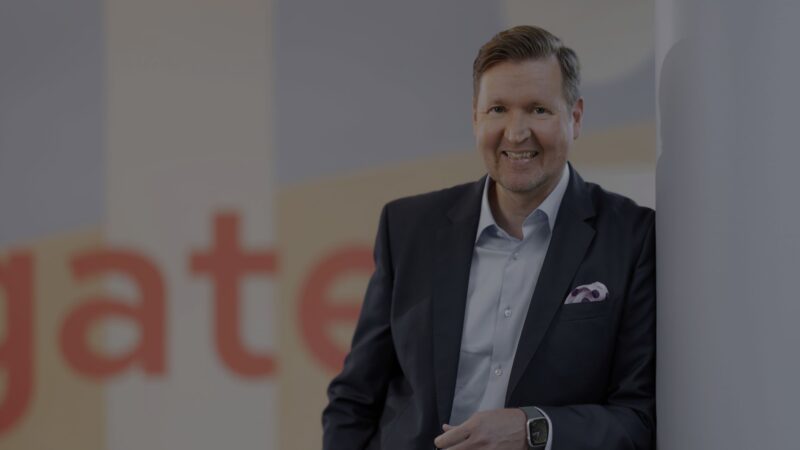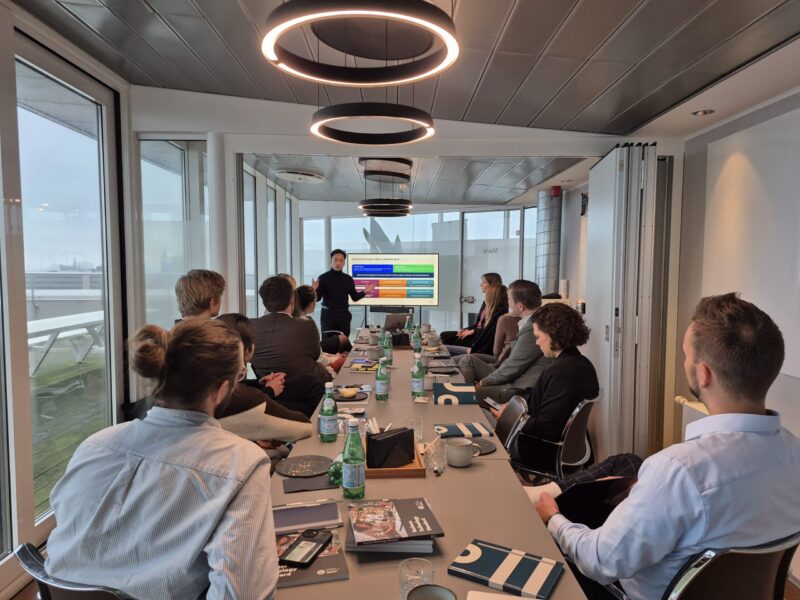Previous CIO joins Sofigate
 Mikael Nurmi, Director Sofigate DK
Mikael Nurmi, Director Sofigate DK
Digitalisation is changing many businesses, technologies like Cloud, Saas and many more are enabling new businesses to start up fast and reach large market shares a lot faster and a lot cheaper than before. A garage office or a small team of students can threaten the position of traditional player. I know that most of you know the examples being mentioned in seminars and conferences: Netflix, Spotify, Klarna and many more. I chose the examples from the business I am most familiar with. It is up to the leadership in companies to decide if they see this technology shift as a threat or an opportunity. Yes, many companies are not well geared up to address the situation and the transformation is a lot of hard work, but it can certainly be done.
My name is Mikael Nurmi and these are the business problems or opportunities I have been working with during my career. I have been working as a CIO/CTO for over ten years and in IT over 20 years. In my last 2 roles this transformation has been very tangible and in both jobs, in Sanoma, a leading commercial media house in Finland and Netherlands, and in Ikano Bank, a bank which is active in 9 countries across Europe, I did transform the role of IT into an enabling function supporting the digital business transformation. In the process I also changed my title from CIO to CTO to highlight the changed role of the function we called Technology. Yes, you can say that giving the organisation a new name does not change a lot, but it is part of the change process and management needed for the whole organisation to understand the new role of the organisation. Technology (former IT) becomes a strategic business enabler working in a very close relationship with many business functions like product management and sales. There are a lot of change needed in the IT function. The role changes from a supporting function, supporting the business and the relevant business processes, into an enabling role. In some cases, IT can be in a role of driving business changes or seeking an opportunity enabled by new technologies that business has identified.
This change is quite overwhelming and raises fear both on the IT and on the business side. In IT the fear is losing control and also having to learn a lot of new ways of working as well as using technology. The fear that some of the old competencies becomes obsolete can be seen as people challenging these new ”hypes” like agile, devops and cloud etc. On the business side there are also fears, but they are different. I do not understand this technology; do I have to learn it? Does our IT organisation master these changes or do we need to buy the technologies from external parties?
The transformation does not only mean that new competencies are needed to master digital front end or mobile applications, but also fixing old sins and putting some of the basics of the architecture in place. This applies when change is needed in IT. On the business side examples of change include: product owners understanding agile methods and working close with technology people in sprints, marketing people understanding A/B testing and strategy people understanding what technology can enable. I will not attempt to list all things in a short introduction article, but these are examples of competencies needed. I have also done outsourcings and service management implementations to get some of the basics in order to enable changes towards the new methods and competencies, and to free up attention of the existing organisation on the new necessities.
These stories are examples from my work history. So why did I decide to move from IT or Technology line responsibilities to a new role in Sofigate? After doing these changes a few times I wanted to get into a role where I can help others going through similar changes. I have worked with Sofigate during these transformations. Sofigate has been supporting in change management, sourcing and service management implementations. I have always been able to find a reliable partner supporting me in the difficult times of change. Sofigate has also been facilitating the development of the open source Business Technology standard and trained people in the implementation of this standard. I believe that this standard really well captures the processes and roles needed in a modern digital company, both on business as well as technology side. I am looking forward to working with companies facing these challenges and helping them implement the changes supported by the Business Technology framework. The framework does shorten, simplify and conceptualise the changes needed and it does improve the likelihood of a successful digital transformation.
I am eager to start the dialogue with you, our current and future customers, about the situation you are in and how we can help you being successful in your digital change journey.
/Author: Mikael Nurmi


